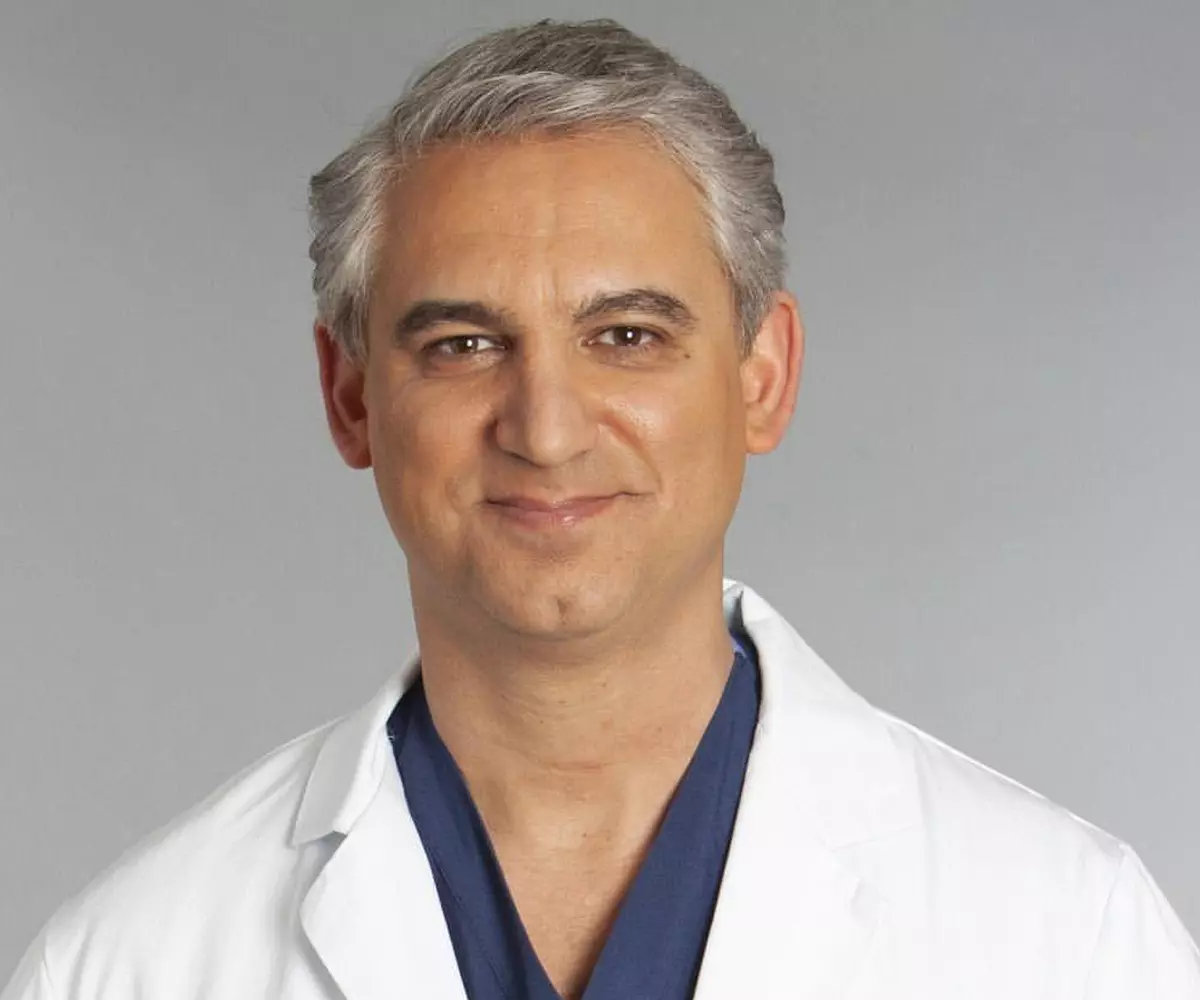David Samadi: "In robotic surgery there is no incision, no pain".
Thanks to robotics, an experienced surgeon can operate on prostate cancer patients within an hour to an hour and a half, with good results.
Robotics has entered our lives in an impressive way. To the point of allowing incisionless surgery, i.e., there will be no blood in the surgery. On the occasion of the International Men’s Health Week, we discuss its importance in urology with Dr. David Samadi, urologist oncologist at the Samadi HOMS Robotic Institute, Hospital Metropolitano de Santiago, to learn about the greatness of robotic surgery in urology:
- What is the reason for the current boom in robotic surgery?
It is becoming increasingly popular because it simulates the same type of movement of the human hand. There is less blood in the field and you can have good results.
- Does it replace the surgeon’s role?
No. The robot is only an instrument, so the surgeon’s experience is required to perform it. In my case I have more than 22 years and more than 9,000 surgeries, and the fact that I have a history of oncology and laparoscopic experience has allowed me to perform these robotic prostate surgeries in approximately one hour and maintain good continence and sexual function.
- Is it more successful than conventional surgery or does it only respond to male taboos on the subject?
Yes, it is more successful, even more so than laparoscopic surgery. The reason is because in open surgery we use our hands and there is a lot of blood, which does not allow us to see the area well, as well as the continence and sexual function is not as good as when using robotics, which allows a three-dimensional view, with up to 12 times the magnification.
- How useful is it for prostate cancer?
Thanks to robotics, an experienced surgeon can operate on prostate cancer patients within an hour to an hour and a half, with good results.
- What are the main advantages of robotic surgery in urology?
The main advantage is that there is no incision. So, here there is no pain, less blood loss, no transfusion, less time in the operating room and certainly there will be much better sexual function, better erection and good urinary control.
- What are the main surgeries, in the field of urology, that are being performed with robotics?
The main ones we do in urology with robotic surgery are prostate cancer and prostate surgery, which is almost 80% of the surgeries. The rest are removal of the kidneys or nephrectomy, or partial nephrectomy and a small percentage of cases are removal of the bladder for bladder cancer. But the majority of surgeries performed in urology are robotic prostate or prostatectomy.
- What is the difference between robotic surgery two decades ago and today?
The technology itself has improved, the resolution of the camera has improved, as has the dexterity and mobility of the instruments. One example is the SMART (Samadi Modified Advanced Robotic Technique) surgery with which we have improved continence and especially sexual function dramatically, where 75 to 80% of patients can have sexual activity after surgery as a result of the fact that, instead of moving the prostate nerves, I changed the operation where we move the prostate away from the nerves and the less contact with those sexual nerves and less manipulation will give a better result. This is a great improvement over the course of the last decade.
- As opposed to conventional surgery, how costly could it be for the patient?
We hope that in the future more and more insurances will cover robotic surgery.But certainly, given the cost of the robot, this is still quite affordable and the prices in the Dominican Republic are much lower than surgeries in the United States and in other countries. So, I think the better question is, what is the value of life, what is the value of saving someone’s sex life, what is the value of making sure that they have good urinary control? And I think the prices make a lot of sense and are certainly very feasible.
- From the surgeon’s perspective, what does this advance mean?
In my case I feel comfortable, unlike laparoscopic prostate surgery or open surgery where you are completely exhausted and there is a fatigue syndrome. I am one of the few surgeons in the world who has performed five process surgeries in one day with the robot with good quality and good results.





